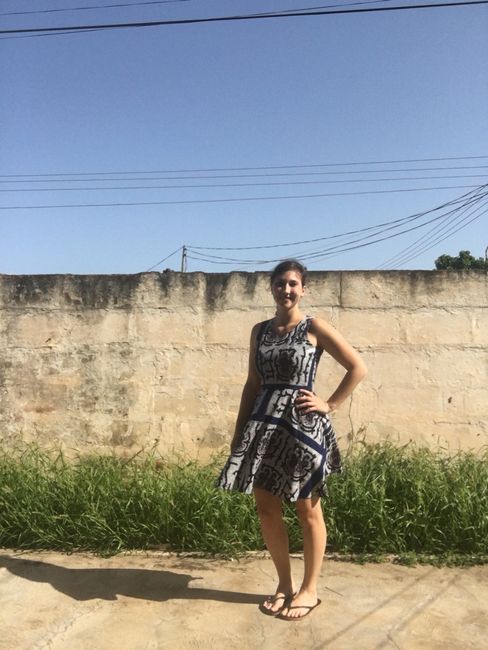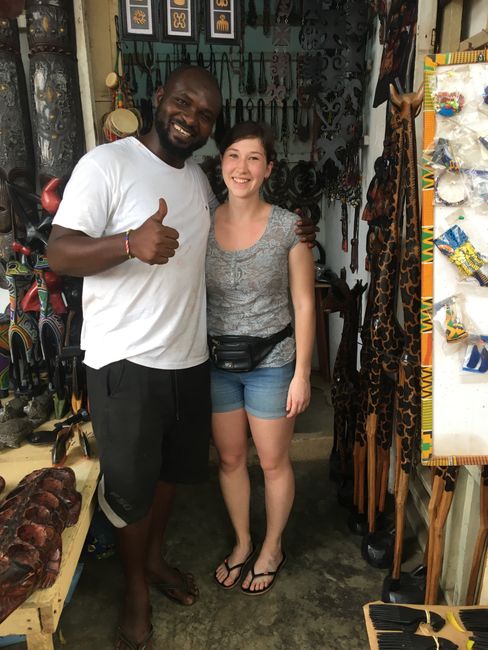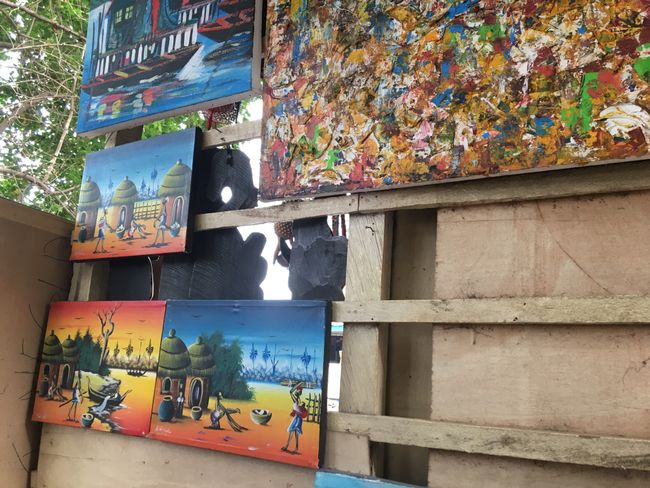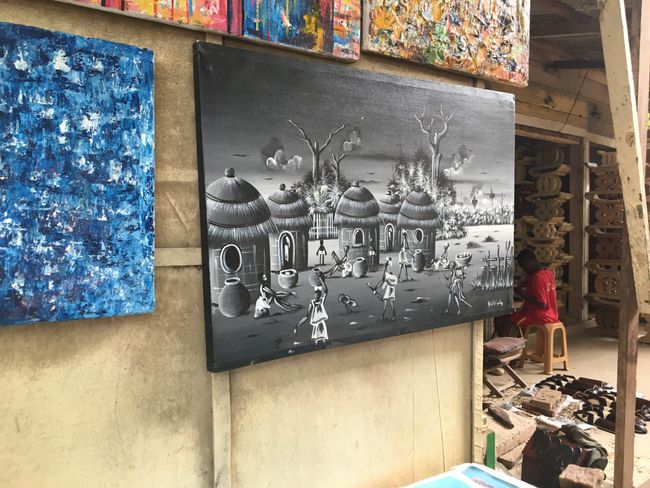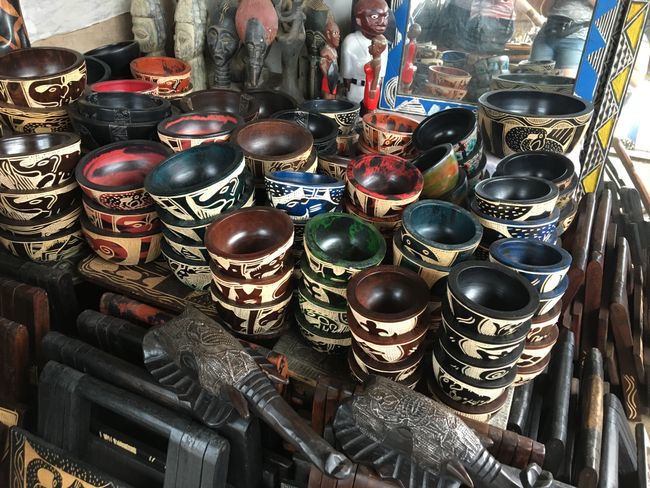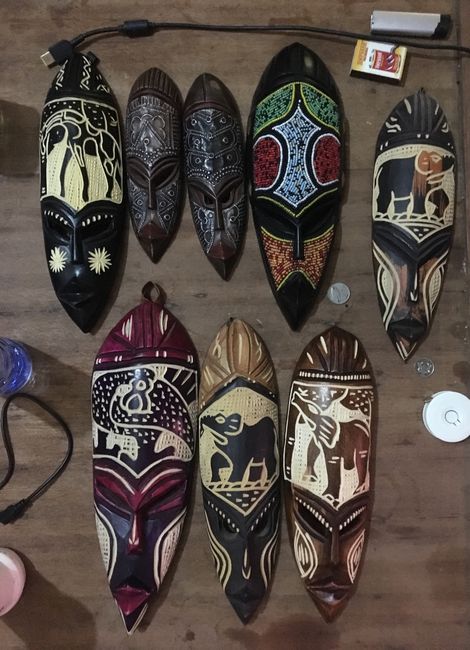Second day
Ishicilelwe: 04.04.2018
Bhalisela i-Newsletter
My second day of work started with taking the history and examining a 69-year-old patient. Surprisingly, because life expectancy in the country is only 61! We had about an hour for this task together. However, it was a bit difficult because she did not speak English and the other student had to translate everything for me. It was very helpful though, as we reviewed almost all systems of the body😊
The ward is separated by gender and there are 12 patients in one room, with almost no privacy. The approach to speaking and examining patients is completely different too! Doctors call older patients "Grandma" and the nurse "Darling". Additionally, the patients are not told what is being examined. The patient is simply undressed without being told why and without any warning. Due to the frequent illnesses, each patient is examined for hair loss (due to malnutrition), infections between the toes, and a disease called sickle cell anemia. Asking whether the patient has insurance and whether HIV is a concern is always central.
Afterwards, the doctor and all the students gathered to discuss one of our patients. Amidst the loud television, other noises, the unfamiliar English accent, and the doctor's soft voice, we had to answer questions: I didn't understand anything for an hour! I would have liked to participate, but it was very difficult for me!😔
Around 12 o'clock, my day at the clinic was over for today. So Natascha, Alina, and I went to the "art center". They have everything as souvenirs: masks, paintings, sculptures, etc. I haven't bought anything yet because I still need to learn how to negotiate and interact with Ghanaians; for example, initial price is 110 Cedi (= 22€), actual purchase price is 10 Cedi (2€). If you don't know this, you get fooled everywhere! But it was very nice to browse around and the people were not too pushy🤗
Bhalisela i-Newsletter
Phendula
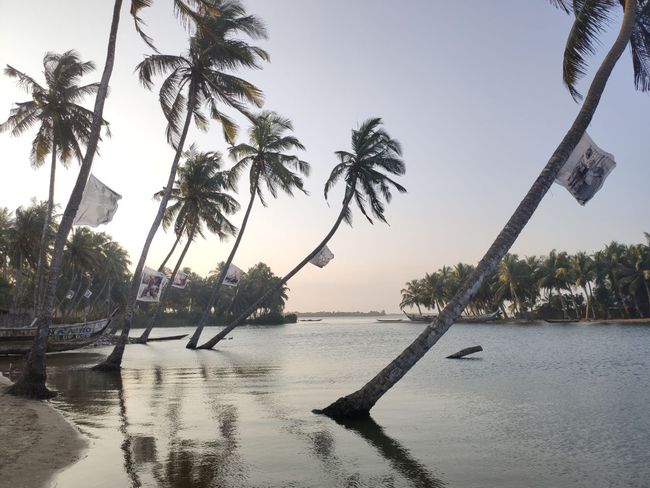
Imibiko yokuvakasha Ghana

